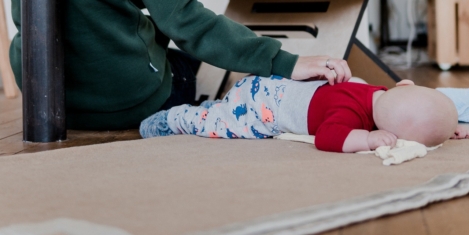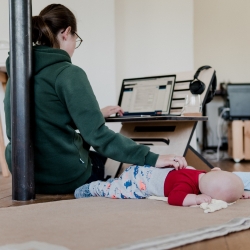To provide the best experiences, we use technologies like cookies to store and/or access device information. Consenting to these technologies will allow us to process data such as browsing behaviour or unique IDs on this site. Not consenting or withdrawing consent, may adversely affect certain features and functions.
The technical storage or access is strictly necessary for the legitimate purpose of enabling the use of a specific service explicitly requested by the subscriber or user, or for the sole purpose of carrying out the transmission of a communication over an electronic communications network.
The technical storage or access is necessary for the legitimate purpose of storing preferences that are not requested by the subscriber or user.
The technical storage or access that is used exclusively for statistical purposes.
The technical storage or access that is used exclusively for anonymous statistical purposes. Without a subpoena, voluntary compliance on the part of your Internet Service Provider, or additional records from a third party, information stored or retrieved for this purpose alone cannot usually be used to identify you.
The technical storage or access is required to create user profiles to send advertising, or to track the user on a website or across several websites for similar marketing purposes.










 Cloud-based access control company
Cloud-based access control company 


 With the British workforce being asked to return to working from home amid fears of a second spike in COVID-19 cases, new research from employee experience professionals
With the British workforce being asked to return to working from home amid fears of a second spike in COVID-19 cases, new research from employee experience professionals 








 At a time when working from home looks set to continue for many in both the short and long term, ‘hidden fractures’ are forming in the workforce which risk causing irreparable damage to cultures and productivity. That’s according to new research from
At a time when working from home looks set to continue for many in both the short and long term, ‘hidden fractures’ are forming in the workforce which risk causing irreparable damage to cultures and productivity. That’s according to new research from 
 Working from home may have been an adjustment at the start of the pandemic lockdown, but according to
Working from home may have been an adjustment at the start of the pandemic lockdown, but according to 










October 29, 2020
Workplace culture is not something to be changed with hashtags
by Kirsty Ritchie • Comment, Wellbeing